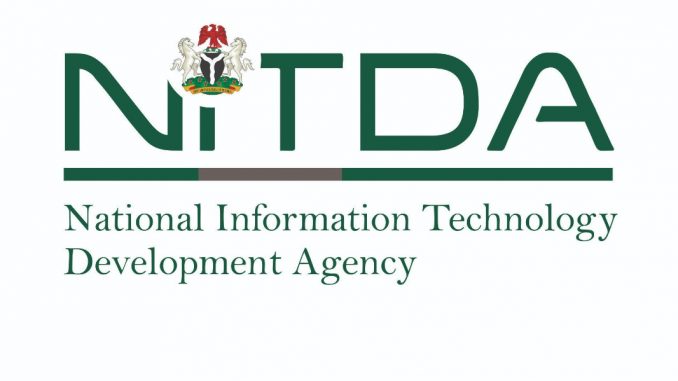In keeping with its dedication to brining up Nigerian children in a safe internet environment, the Nigerian Communications Commission (NCC) in partnership with Cece Yara Foundation has come up with remedies in drilling young minds on the internet.
In a report published recently, the partners grouped the said risks into four broad categories.
1.Content Risk: Consists of harmful information and material that children encounter online. For example, pornography, violence, fake news (mis-information).
2.Contact Risk: Meeting online friends offline can lead to negative consequences. Online grooming can also occur. This is a situation where a person befriends a young person to gain their confidence and then sexually abuses them. There are other physical and psychological risks that could lie in a young person building friendships with strangers online.
3.Conduct Risk: It includes game addiction, mobile phone overuse impaired sight, loss of confidence and reputational harm due to unguided comments.
4.Commercialization Risk: This is the risk children face from being exposed to making willing and unwilling commercial decisions online -including giving out personal data, gambling and shopping addiction.
What are the risks children face online?
Your child knows they can come to you if something goes wrong or does not feel right online.
Watch TV, play games and enjoy digital platforms with your children.
Discuss online opportunities, entertainment, learning and risks.
Set time limits for all activities, including online activities. Balance screen time with other activities.
Set location for device use. Where possible, use desktops not mobile devices. Keep devices away from private locations like bedrooms.
Set up parental controls and filters for harmful content.
Have clear agreements on online activities.
Be alert to signs of distress or problems.
- Build trust by keeping communication open and supportive:
- Be the parent, offline and online, by setting limits, controls and standards:
Four tips to help protect your children online
Show respect in your online platform language and content.
Help your child to develop digital intelligence and social and emotional skills such as respect, empathy, critical thinking and resilience.
Help your child practice and become a responsible online citizen.
- Make sure your child/children understand(s) the ‘SMART RULES’:
S: Safe- Do not give out personal information when chatting or uploading online. Personal information includes your email address, phone number and passwords.
M: Meeting- Meeting someone you have only been chatting with online can be unsafe.
A: Accepting- Accepting emails, IM messages, or opening files, pictures or text messages from people you don’t know or trust can lead to problems; they may contain viruses or horrible messages.
R: Reliable- Someone online might lie about who they are and the information on the internet may not be true. Always check information with other websites, books or someone who is knowledgeable. If you like chatting online it’s best to only chat with real world friends and family.
T: Tell- Tell your parent or trusted adult if someone or something makes you feel uncomfortable or worried, or if you or someone you know is being bullied online.








